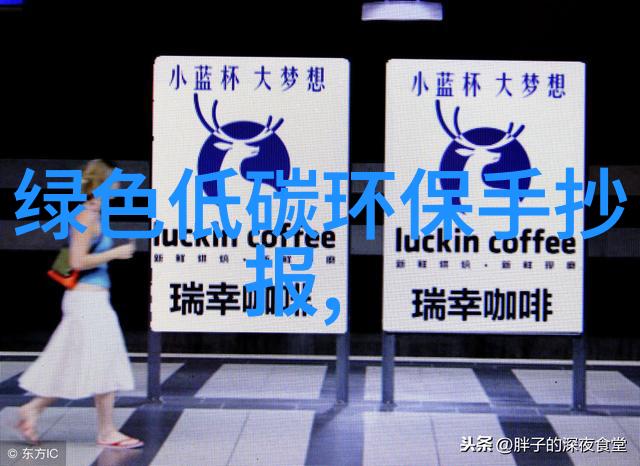随着城市化进程的加快,城市的发展速度不断加快,这不仅在上空和地面上展现出了巨大的变化,也在地下层面产生了深远的影响。尤其是地下水污染的问题,已经成为一种全球性的环境问题之一。那么,我们应该如何面对这种情况呢?首先,我们需要了解一下地下水污染现状,然后再探讨如何防止地下的生态被破坏。

地下水污染现状
首先要明确的是,地下水是指在地下岩石、土壤或其他物质中储存的一种自然资源,它对于农业灌溉、工业生产以及居民生活都至关重要。但是在现代社会,由于人类活动的增多,如工业排放、农业使用农药和肥料、生活垃圾填埋等原因,使得大量有害物质进入土壤层,最终渗透到地下水中,从而导致了严重的地下水污染。

根据国际环境保护组织的调查报告显示,在世界各国,大约有30%以上的地下水已经受到不同程度的污染。而在一些发达国家和地区,这一比例甚至高达70%以上。这意味着全球至少有几十亿人正饮用受到了不同程度污染的地下水。
Underground water pollution is a serious environmental issue. According to the report, about 30% of underground water worldwide has been contaminated in varying degrees. In some developed countries and regions, this proportion can reach as high as 70%. This means that at least several billion people are currently drinking groundwater that has been polluted to some extent.

造成地下水污染的一个主要原因是化学物质泄漏。这些化学品可能来自废弃工厂或者未经适当处理的废弃物。在某些情况下,矿业开采也会释放出含铜、镍等重金属元素,对地下的生态系统构成威胁。此外,不恰当使用农药和肥料,以及随意倾倒化学产品等,也都是导致地表及潜入深层土壤并最终渗透到地下流体中的因素。
How do we prevent the ecological destruction beneath our feet?

To address this problem, we need to take action on multiple fronts:
Regulation and monitoring - Governments must establish stricter regulations for industries and agriculture regarding waste disposal and chemical use. Regular monitoring of underground water quality is also essential.

Public awareness - Educating the public about the importance of clean groundwater and how they can contribute to its protection through responsible practices.
Technological innovation - Developing new technologies that can detect pollutants earlier or remove them more effectively from contaminated soil and groundwater.
Sustainable urban planning - Encouraging cities to adopt green infrastructure strategies that minimize their impact on local ecosystems during expansion projects.
Community involvement - Engaging communities in efforts to protect their local environment by organizing clean-up initiatives or promoting sustainable practices such as rainwater harvesting or greywater reuse systems.
By taking these steps together with continued research into new solutions, we may be able to slow down if not halt the degradation of our precious underground resources before it's too late – ensuring a healthier future for generations yet unborn while keeping intact one of Earth's most vital natural assets: clean water below ground level where it belongs.




